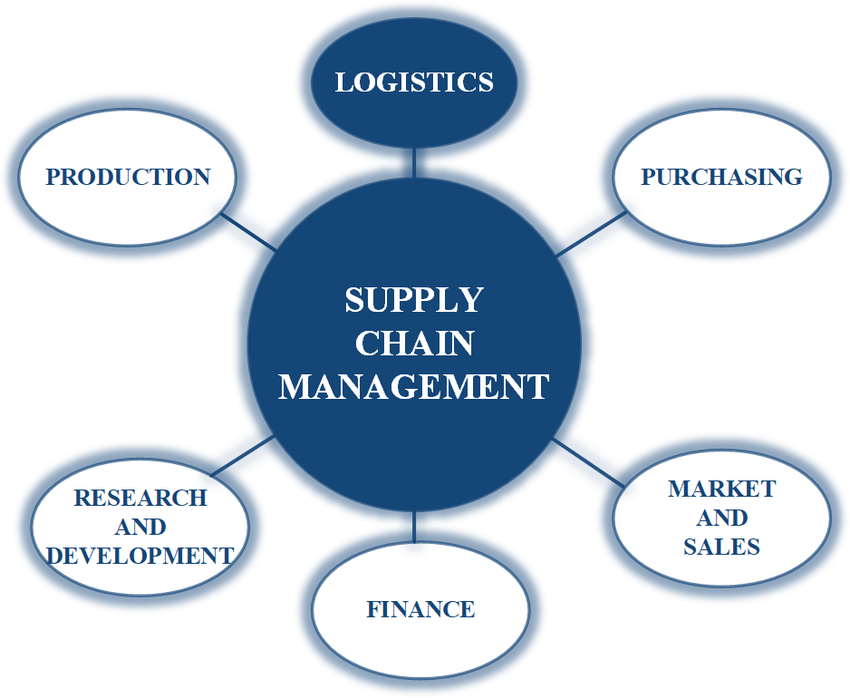Finding The Best
Construction Services
We denounce with righteous indignation and dislike men who we are to beguiled demoralized by the charms of pleasures that moment, so we blinded desires, that they indignations.
Conatct Us
-

>E-825, GANESH GLORY, 11, Jagatpur Rd, near BSNL Office, Jagatpur, Ahmedabad, Gujarat 382470
-

Working Hrs : 9.30am to 6.30pm


